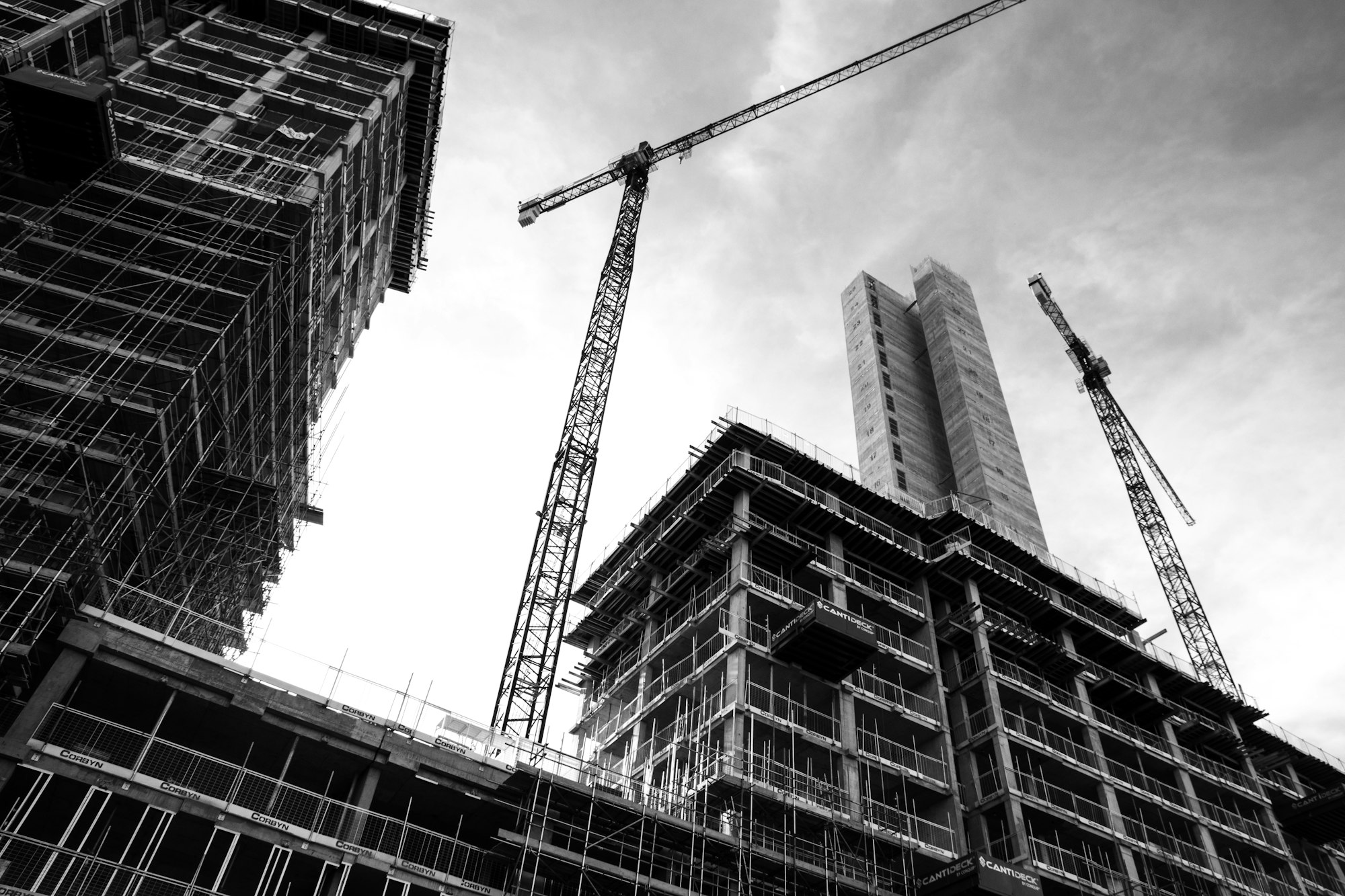On our Inability to Build
Why does it cost so much to build? And what does it mean for the clean energy transition?

Less than 100 years ago, it took only one year to build the Empire State Building, and only four years to erect the Golden Gate Bridge. The Hoover Dam was supposed to take seven years, but was completed ahead of schedule in five. Today, major infrastructure projects are slower and more expensive than ever. California’s high-speed rail was approved by voters in 2008 and slated to be done by 2020, but currently it’s mired in political turmoil, billions of dollars over budget, and not even close to being done. The US is the sixth most expensive country in the world to build rapid transit infrastructure like rails and subways. Between 1990 and 2008, the cost of building one mile of interstate highway in our country increased by 5x.
Why does it cost so much to build? In my brief research, there are numerous factors. We’ve put power and voice in the hands of small groups of neighbors (often wealthy, often NIMBYs) who are skilled at stalling progress with laborious environmental reviews. We’ve hollowed out the staff and expertise inside government agencies. We’re out of practice compared with our Asian and European peers who build big stuff more often, and we’ve developed complex, multi-stakeholder processes that produce sclerosis, not progress. The specific mix of contributing factors is different based on the community and the project, but the result is often the same: we’ve lost our ability to build important, necessary things.
I’m curious about the parallels between the factors that slow things down in physical infrastructure projects and the factors that grind progress to a halt inside organizations. I also wonder about the impact on society's talent allocation—are so many young and brilliant minds focusing on building virtual worlds and tech products, specifically because building physical things is so maddeningly slow and hard? And finally, if we truly are at the beginning of the next industrial revolution in our transition to a decarbonized economy, then what needs to happen to make such an industrial, built-world revolution possible? I am planning to do more research and writing on this topic, and I’d love to learn from others with unique perspectives.
